Delta State Governor Sheriff Oborevwori has come under intense criticism following a controversial statement downplaying the ethnic unrest brewing in Warri over the Independent National Electoral Commission’s (INEC) delineation exercise.
The comment, perceived by many as dismissive, has provoked strong reactions from community leaders and civil society groups across the Ijaw, Itsekiri, and Urhobo ethnic blocs.
In a State of the State address to members of the Delta State House of Assembly on Wednesday, May 28, 2025, Governor Oborevwori stated that the federal government was already addressing the core issues, and questioned what more Deltans expected from him as governor.
Hear him: “I urge all Deltans, especially those in Warri Federal Constituency, to remain calm and law-abiding, as the issues arising from the INEC ward delineation are being handled by the relevant federal authorities.
I decided to say it here. I’m a Warri boy, I grew up in Warri. When issues like this happen, you take your time to observe, and the federal government is already handling it. So what do you want me to do as a governor?
“Some people have made some statements, you don’t make statements like that. You know my person. I’m not that kind of person. I’m a governor for all Deltans.
“Whether you are Itsekiri, Ijaw, Isoko, Urhobo, Anioma, I love all of you. I appeal to everyone to be guided in their utterances and shun any actions that may undermine the peace and security of the state. I think I have spoken?
“Because you people want to hear me, and I have spoken. I also use this opportunity to reaffirm my commitment to a strong, united, peaceful, and prosperous Delta State.
“I am, and will continue to be, a governor for all Deltans.”
The governor further called on residents to remain peaceful and resist “politicians using ethnicity to divide us,” urging that grievances be channeled through the National Assembly.
However, his remarks have ignited a backlash, with critics accusing the governor of abdicating responsibility and failing to recognize the historical sensitivities that define the Warri region.
“This is not just a technical issue. It’s about political identity, ancestral land, and equitable representation,” said an Ijaw elder who identified himself simply as Chief Ebi, for fear of victimization.
“For the governor to wave it off as a federal problem is to ignore his duty as a peacemaker.
“Warri, long known for its volatile ethnic balance, has seen heightened tension following reports that INEC’s new delineation maps may favor one ethnic group over others, a move stakeholders fear could skew political representation and resource allocation.
A civil rights activist and political analyst who pleaded anonymity also condemned the governor’s rhetoric as “politically tone-deaf.”
“The people are not just reacting to maps; they are reacting to a history of marginalization. To tell them they are imagining a crisis is both irresponsible and inflammatory,” the analyst said.
Oborevwori’s critics argue that while INEC falls under federal jurisdiction, the fallout from its actions lands squarely in the state’s lap.
“He may not control INEC, but he controls the peace,” said Itsekiri youth leader Ekure. “And right now, his words are stoking more fires than they are extinguishing.”
As tensions simmer, calls are mounting for the governor to convene an urgent multi-ethnic dialogue, engage INEC officials transparently, and establish a conflict-resolution committee, before latent resentment spills into open conflict.
Despite the criticism, the Delta State Government has not issued any clarification or follow-up statement as of press time.


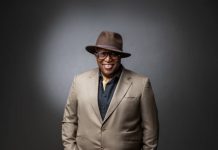
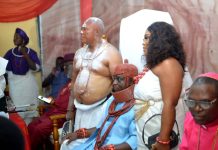
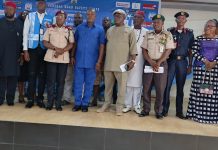






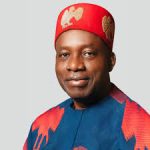
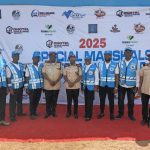



The Governor’s humility in addressing this sensitive issue is unique and outstanding.